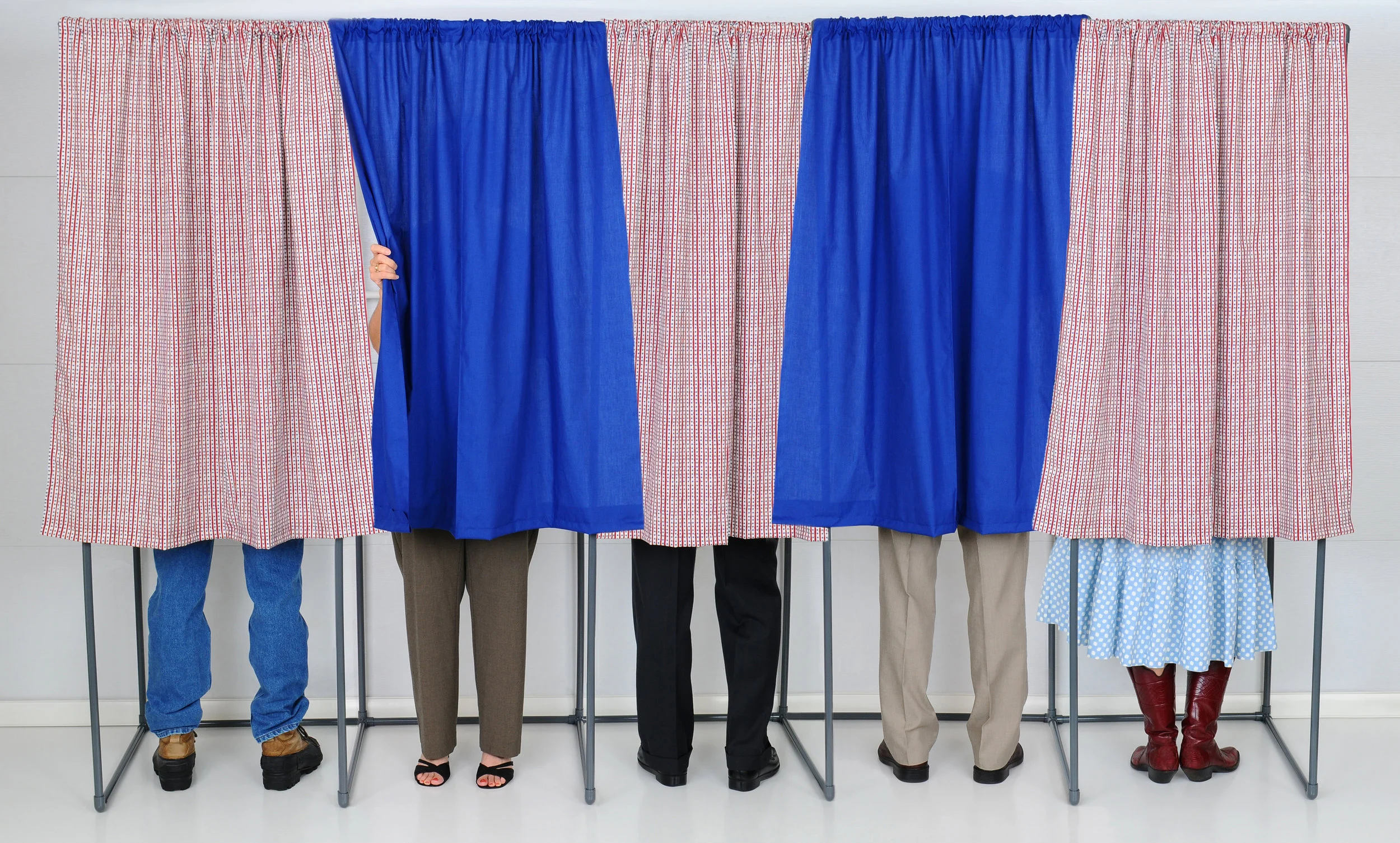Numerous Democratic presidential candidates want to get rid of the Electoral College. On the other hand, the only Republican candidate says that the system is “brilliant” because if all citizens in a single national vote chose the president then he and his rival Democratic nominee would pay no attention to anyone living in a small state or the Midwest.
Everyone can see that the Democrats believe their nominee would win the national popular vote, and President Trump, having said he could have won in 2016, might not be confident that he could pull that off in 2020. Nothing is surprising about politicians wanting rules of the game that help them win.
But neither Republicans nor Democrats are mentioning the three sins of the current system. Regardless of which candidates a national popular vote would favor, these clearly call for abandonment of an 18th century system designed to protect slavery and solve the logistical problems of travel in a pre-telegraph era.
First, because the pluralities in more than 40 states are predictable in these tribal times, in the general election the two major party campaigns ignore those states in which more than 80% of Americans live. Their indifference to turn-out in those states causes total voter participation to fall between 20 and 80 million votes short of the levels that would be reached if every vote counted in picking the president. Disinterest and disgust come from voter indifference – people who know they are ignored justly harbor resentment that undermines trust in government.
Second, because the general election presidential campaigns don’t pay much attention to four out of five Americans, the parties and their nominees do not offer promises, platforms or policies that most Americans want. Huge majorities register their desire for sensible compromises and good legislation on immigration, infrastructure, clean power, better support for child care and a host of other common-sense measures. The candidates don’t need votes from most people, so they don’t pay attention to most people during the election cycle and then when in office.
Third, because the result in presidential election is dictated by small margins in perhaps only four states – currently, Florida, Pennsylvania, Michigan, and Wisconsin – billions of dollars are spent by the two parties in badgering voters and wooing political leaders in these states. The politicians might enjoy the attention. The people in those states do not. They get little or nothing out of robocalls, door knocks, and Facebookery that mark over-intensive campaigning. In Iowa or New Hampshire in the primaries voters actually get to meet the candidates. From September to November every four years the proverbial swing voters just get digitally bludgeoned.
To build some trust between the people and the politically powerful, to give most people what most people want out of government, and to spread the pain of political campaigns fairly and more bearably over the whole country, it is time to let the people pick the president.



